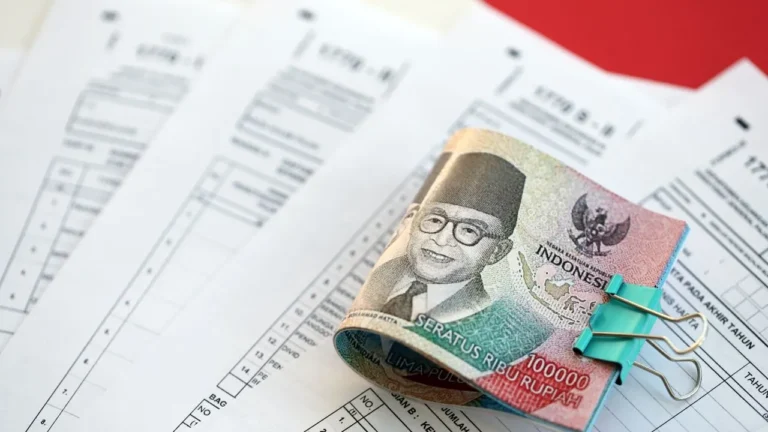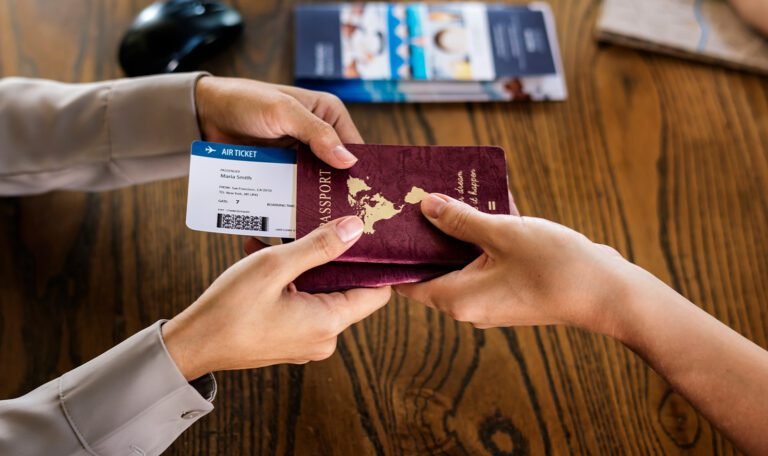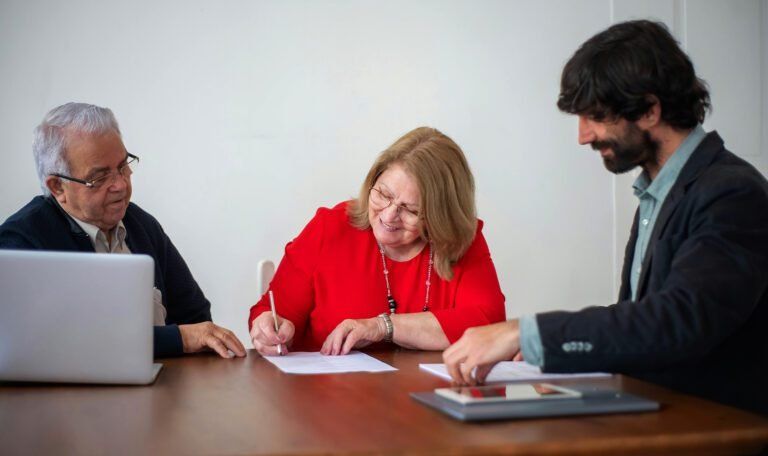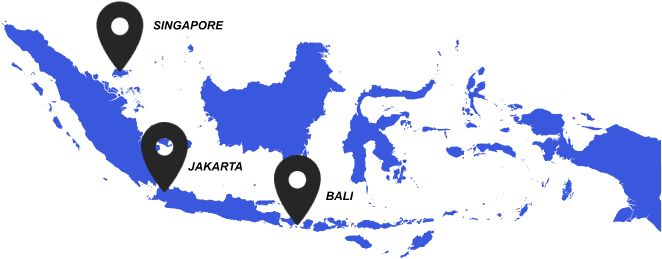Table of Contents
ToggleJakarta remains the first choice for investors and businesspeople planning to establish operations in Indonesia. Even with the proposed relocation of the capital city to East Kalimantan, Jakarta continues to be the commercial center housing the business districts of Indonesia.
As the largest market in Southeast Asia, Jakarta is also positioned perfectly as a hub for international business and financial sectors. The government has also implemented new policies, such as the Omnibus Law, which makes doing business more straightforward and more welcoming to foreign investors.
Foreigners intending to invest in Jakarta can either apply for a PT PMA (foreign invested company) or a Representative Office. A PT PMA allows complete business activities, such as hiring staff, signing contracts, and generating income, whereas a Representative Office is only able to perform limited activities and serves as a cost-effective setup for market analysis and representation.
Registration of the company often ranges between 5 and 8 working days, depending on the industry. After registration, businesses must fulfill a minimum capital tax reporting requirement of ongoing tax compliance, quarterly investment reports, annual tax returns, and employee BPJS contributions. It is also best to engage a local consultant to assist with licensing, due diligence, and compliance matters.
ILA Global Consulting has established a solid reputation over the years by assisting hundreds of international clients in understanding and working within Indonesia’s legal, tax, and investment systems with accuracy and attention to detail, including setting up businesses in Jakarta.
Our team combines extensive local expertise with global standards, ensuring that every solution is both legally sound and forward-thinking. With a proven track record of success, clear communication, and a focus on client needs, ILA has become a reliable partner for individuals and companies seeking to establish a lasting and successful presence in Indonesia.
Why Open a Business in Jakarta?
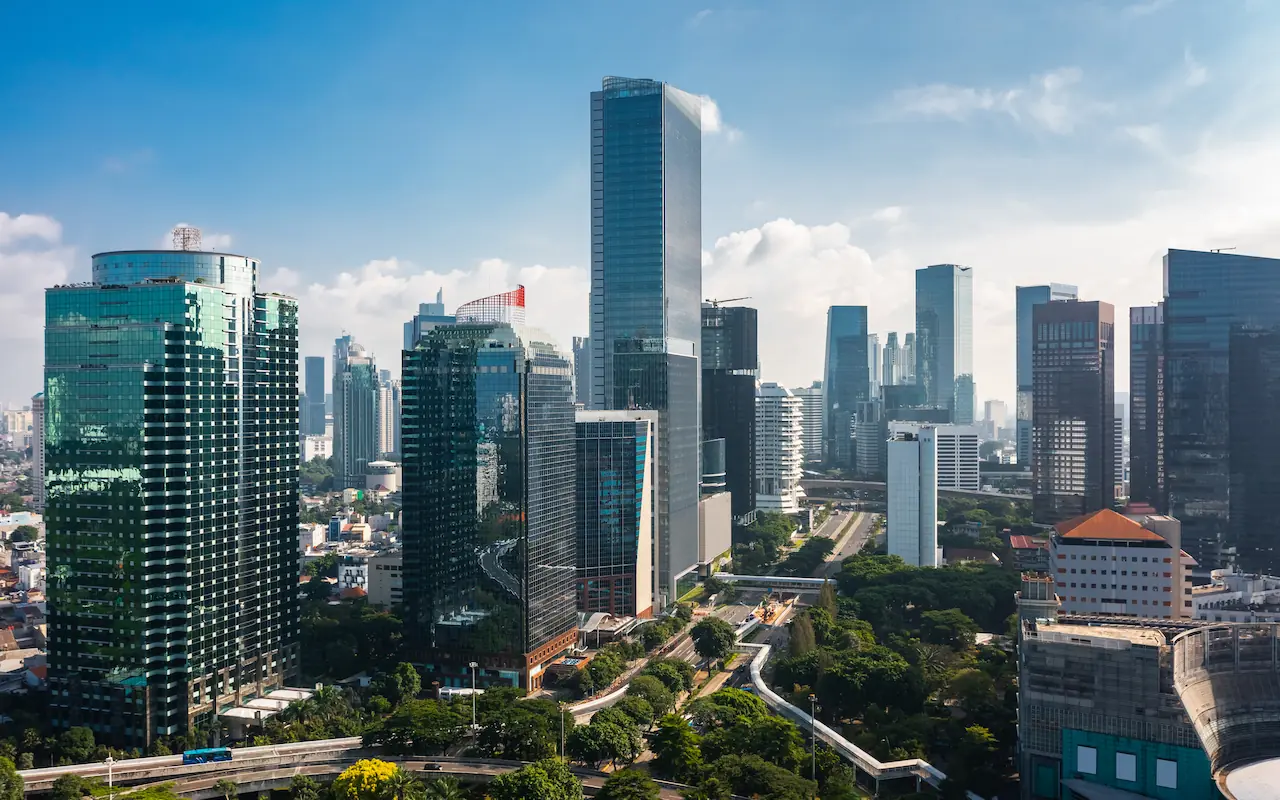
For anyone looking to invest in Indonesia, Jakarta remains the strategic location for establishing a headquarters or holding company. Despite the Indonesian government’s plan to move the capital to Nusantara, Jakarta continues to be the nation’s economic powerhouse, serving as the central hub for commerce, finance, and government institutions.
With a population of over 280 million, Indonesia represents the largest market in Southeast Asia, and Jakarta is at the heart of its corporate and regulatory ecosystem.
Jakarta hosts most of the country’s key ministries, making it the prime destination for networking, government liaison, and strategic business operations. For investors and entrepreneurs alike, it is the best launchpad into the Indonesian market.
How to Open a Company in Jakarta?
Opening a company in Indonesia has become a streamlined and efficient process, especially after the Omnibus Law reform in 2021. The government has removed many restrictions on foreign investment, making most sectors open and accessible.
- Company registration can be completed in 5 to 8 working days.
- Minimum capital requirements and ownership limits depend on the business sector.
- Most industries—including tech, trading, consulting, and manufacturing—are open to foreign ownership.
Registering a Company in Indonesia Has Never Been Easier
Setting up a business abroad can be overwhelming with so many documents, laws, and regulations to navigate. Fortunately, we simplify the process and guide you with expert advice to choose the right business structure and setup for your needs.
Reach out to the ILA Global Consulting team today to set up a free consultation or read more about the company registration process.
How to Invest in Jakarta as a Foreigner?
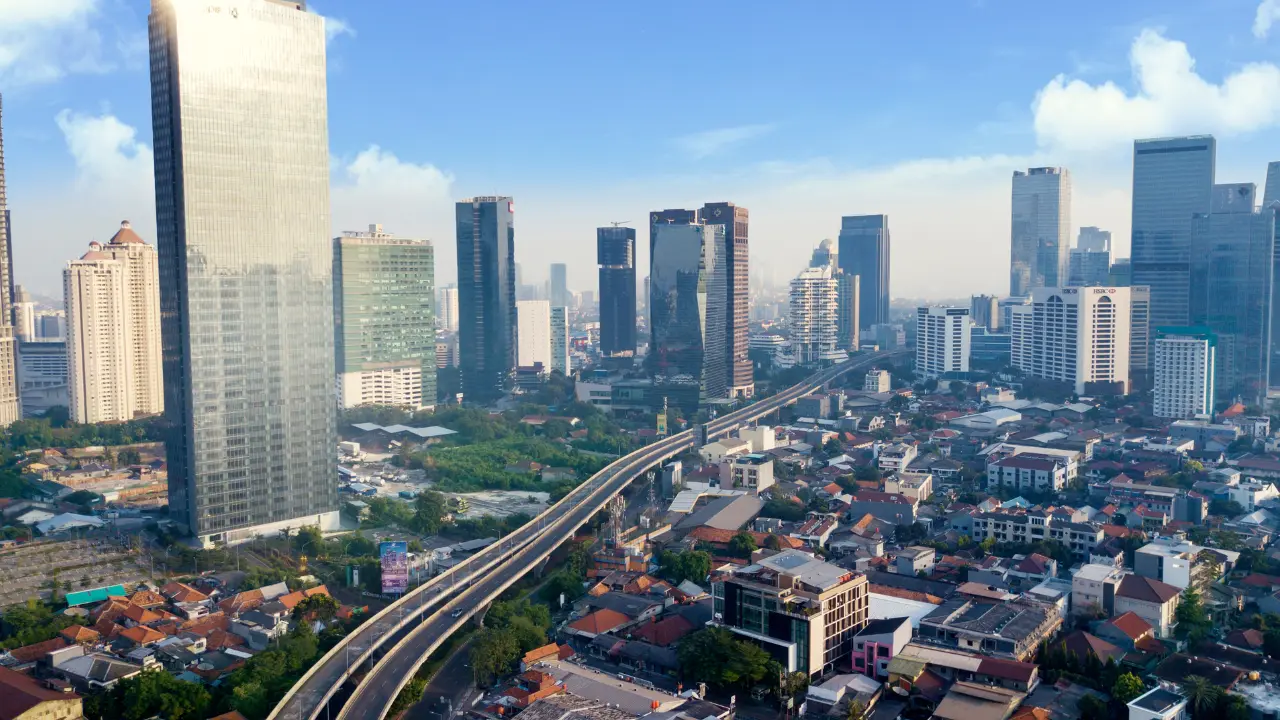
Foreign investors in Indonesia have two primary ways for establishing their operations:
1. Establish a PT PMA (Foreign-Owned Company)
The PT PMA (Perseroan Terbatas Penanaman Modal Asing) is the standard vehicle for foreign direct investment in Indonesia. It can be established by individuals or foreign companies, either as a new entity or a subsidiary of an existing business.
The PT PMA can hire foreigners and enter into contract deals in Indonesia based on the specific business sector. The ratio of foreigners to locals is variable depending on the province and the sector.
PT PMA registration and licensing are regulated by the BKPM (Indonesia Investment Coordinating Board), now part of the Ministry of Investment. Companies can combine several business activities under one umbrella. However, if the business activities defined by a KBLI are different from each other, the BPKPM can require that the authorized capital be doubled based on the activity, as it could be considered as setting up 2 companies in 1. Once the company is registered, the following documents will be obtained:
- Akta (Notarial deed of establishment)
- Ministry approval (SK) from the Indonesian government official registering the company
- Tax card (NPWP) registration
- Business licence (NIB)
- Sertifikat Standard
Note: Some companies will need additional documents depending on the activity of the company. The government classifies companies based on the level of risk. Companies classified as high risk must validate their Sertifikat Standard by submitting additional operational documents or accommodating inspections from the relevant ministry. Here are some examples of activity concerned by the validation:
- Spa
- Restaurant
- Boat and maritime affairs
- Hotel
- Mining
- Clinic
Requirements:
- Minimum paid-up capital: IDR 10 billion, depending on the sector. The BKPM is, however, conscious of the high capital requirements and flexible with the investment as long as the company pays its tax and participates in the economy.
- At least two shareholders, a director, and a commissioner. The minimum percentage for a shareholder is set at 0.1%.
- Registered business address in Jakarta. Some sectors can be registered with a virtual office address.
2. Set Up a Representative Office
A foreign representative office enables foreign companies to explore the market or conduct liaison activities without engaging in direct sales.
- KPPA: General representative office (liaison only).
- KP3A: Foreign trading representative office.
The representative office has some limitations as it cannot generate revenue or issue invoices in Indonesia and cannot sign contracts or conduct commercial transactions.
The advantages, however, are that no capital injection is required, and it can hire foreigners in Indonesia with a quick setup and low cost. The Representative Office will obtain a tax card and business number to operate.
3. Start the Business
To open a business in Jakarta:
- Define your business activity and ownership structure.
- Choose the correct legal vehicle (PT PMA or Representative Office).
- Engage with a local advisor (such as ILA GLOBAL Consulting) for compliance, licensing, and due diligence.
- Prepare incorporation documents and submit to BKPM.
- Open a corporate bank account and begin operations.
4. Compliance and Tax obligations
Companies such as PT PMA have obligations in Indonesia depending on the activity and the business sector. We recommend to contact your tax accountant or ILA to discuss more about the obligations once the company is set up.
- LKPM report each quarter
- Annual tax report between January and March
- BPJS for at least 2 employees
- Monthly tax report and local tax payment depending on the activity
- Tax on salary each month
Why Work with ILA Global Consulting?
ILA Global Consulting specializes in setting up foreign-owned companies and representative offices in Indonesia. With extensive experience navigating local regulations, we help investors structure, license, and operate their businesses in Jakarta and beyond.
Contact us to receive a customized roadmap for your business establishment in Jakarta.
| Term | Explanation |
|---|---|
| PT PMA | Perseroan Terbatas Penanaman Modal Asing – a foreign-owned limited liability company in Indonesia, used by foreign individuals or entities to invest and operate businesses. |
| BKPM | Badan Koordinasi Penanaman Modal (Indonesia Investment Coordinating Board) – the government body that regulates and approves foreign investments; now under the Ministry of Investment. |
| KBLI | Klasifikasi Baku Lapangan Usaha Indonesia – Indonesian Standard Business Classification that defines legal business activities and licensing categories. |
| NIB | Nomor Induk Berusaha – Business Identification Number, required for any registered company to legally operate and conduct business in Indonesia. |
| Representative Office (KPPA / KP3A) | A legal entity for foreign companies to conduct non-commercial activities (e.g., market research or liaison), without generating revenue or signing contracts. KPPA = general; KP3A = trading. |





